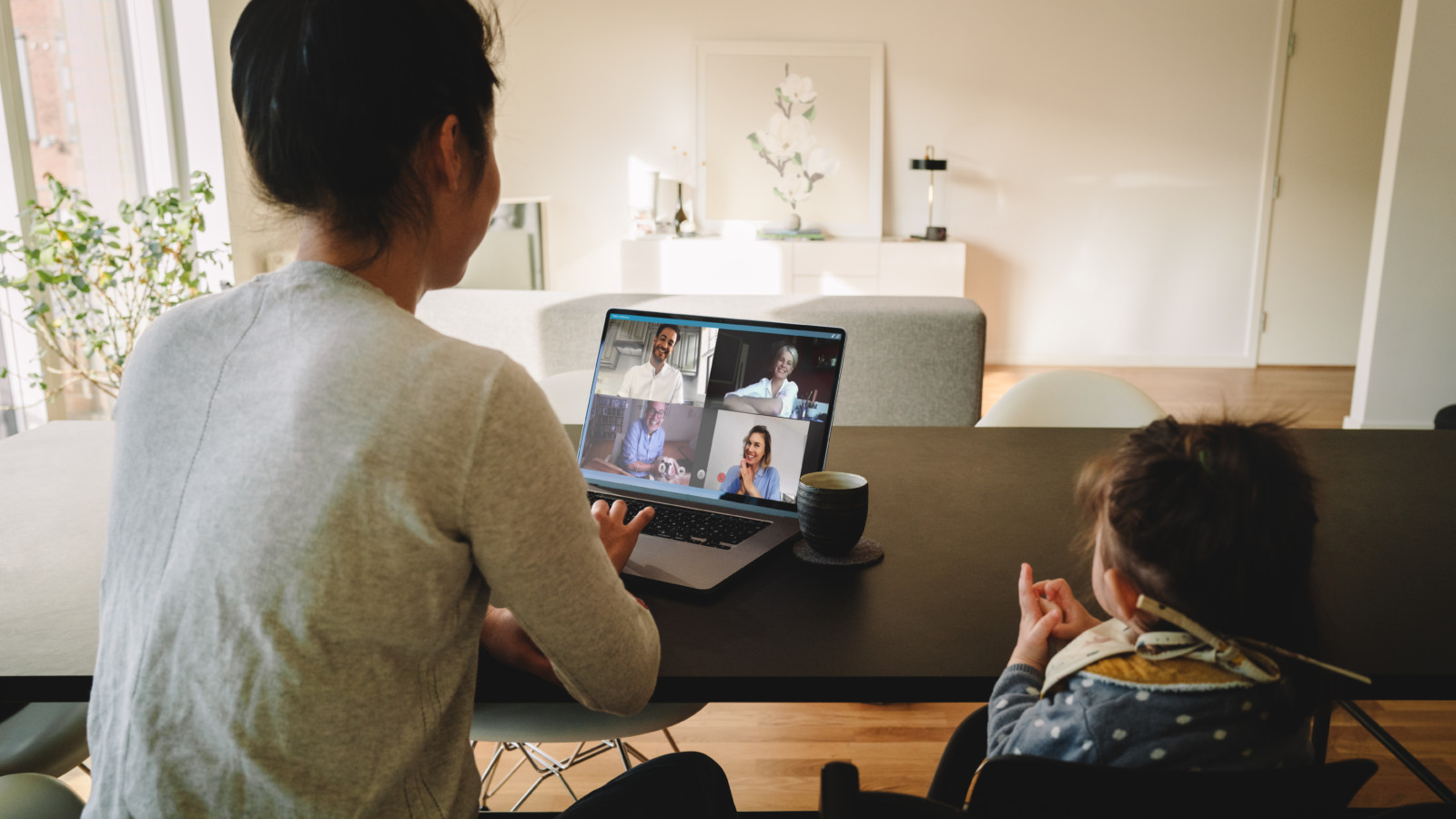Are you overwhelmed by a throb of despair and paranoia about what the future holds for you, and (much like the author and the rest of your friends circle) you’ve attempted to assuage feelings of instability with a downpour of work? The kind that you just can’t seem to say no to, lest no
opportunities arise one week, three weeks, five months from now?
If I may offer some condolences, and an empathetic virtual hug — you are not alone.
As a young mother venturing into the workforce, these are not uncommon experiences. Your journey and feelings are valid. If only life could pause for a few days — you get that fantastical trip to Goa, with languid sojourns by the beach with a cool drink in your hands, worries halted. Until reality sinks in again, and you’re reacquainted with a weighing sense of dread. You might even love your work — the projects are exciting, challenging, and there’s so much growth — but it just feels… too much at times?
In 2020, we might be presented with a new form of what’s normal — thanks, COVID-19 pandemic. Let’s not forget though, and you might use your grandparents’ youth as your litmus test, that the normalisation of physical and emotional exhaustion from work is a novel phenomenon too. We live in a time and age where much of our self-worth and social prestige is closely tied to our ability to contribute to a developing economy — this, we find concretisation in mental health manuals as well. An inability to be productive is a sign of mental distress, or so institutions in power may tell you. Do we live to work, or work to live? Fairly heavy existential quandaries for a tea-time read, we know.
Let’s get this clear, then — while your doctors, nutritionists, parents and every other well-meaning individuals in your life might underscore the importance of “handling your stress better” (it’s not good for your health!), the overwhelming urge to work, constantly, it’s systemic. It’s a plague that
finds resonance amongst millennials around the world, thanks to the wonders of late capitalism and the sociopolitical milieu we’re entrenched in.
Systemic or not though, can’t we, as individuals, do something about it What if we could watch out for some red flags, and know it’s time to step back — and how? In a world where we’re working in isolation, it’s particularly important we pay heed to these signals.
Burnout includes three main dimensions (Yıldırım & Solmaz, 2020) —
- Emotional exhaustion — wearing out, fatigue, debilitation.
- Depersonalisation (or cynicism) — irritability, negative attitudes towards clients, withdrawal.
- Reduced personal accomplishment (or inefficacy dimension) — decreased productivity, poor morale, inability to cope with stressors.
Burnout, as consistently documented in literature, is also associated with poorer physical and mental health — think increased anxiety, irregular sleep cycles, increased alcohol consumption, and body pain.
I’ve felt it in these last couple of months — a paralysing uncertainty about my future, low-grade crankiness that does not seem to fade, exhaustion at the thought of carrying out my parental duties. It’s often too tiring to reply to a well-intentioned friend, sometimes, and I can’t help but
wonder — is this no way out of this? Is constant fatigue a sign of adulthood?
I just can’t buy that, to be honest.
Some researchers suggest vacations. To that, I say, get me a one way ticket to the Maldives. Others highlight the importance of mindfulness — relying on our senses and grounding ourselves in the present through a range of activities. We weren’t meant to be sedentary creatures, after all, even though our 9 to 5 jobs often call for it. Meditation, exercise, immersive self-care routines, painting, knitting, therapeutic cooking are a few suggestions, but it could also be as simple as splashing your face with cold water when your head’s whirling.
When the going gets a little tough — pause. Breathe. Listen. Take in the world around you. Listen to your body — the way your heart thrums, the knot in your back, the urgent quiver of your fingers. Remind yourself that you’ve got this, and if you feel like you don’t, reach out. Seek professional
help, speak to your loved ones, research self-care strategies and reflect on why, fundamentally, you just can’t seem to get away from work. What does not having enough work make you feel like, as a person, and why does that bother you so much?
Vacations might seem a bit out of reach, sometimes, but you don’t need a Insta-worthy getaway to be okay. You’ve got yourself — threadbare, perhaps, but still so capable of being your own strength. We’re all radiant, powerful and so much more than a job title and a bunch of professional accomplishments — and what does any of that mean if we’re not happy?
Citations
Yıldırım, M., & Solmaz, F. (2020). COVID-19 burnout, COVID-19 stress and resilience: Initial
psychometric properties of COVID-19 Burnout Scale. Death Studies, 1-9.


